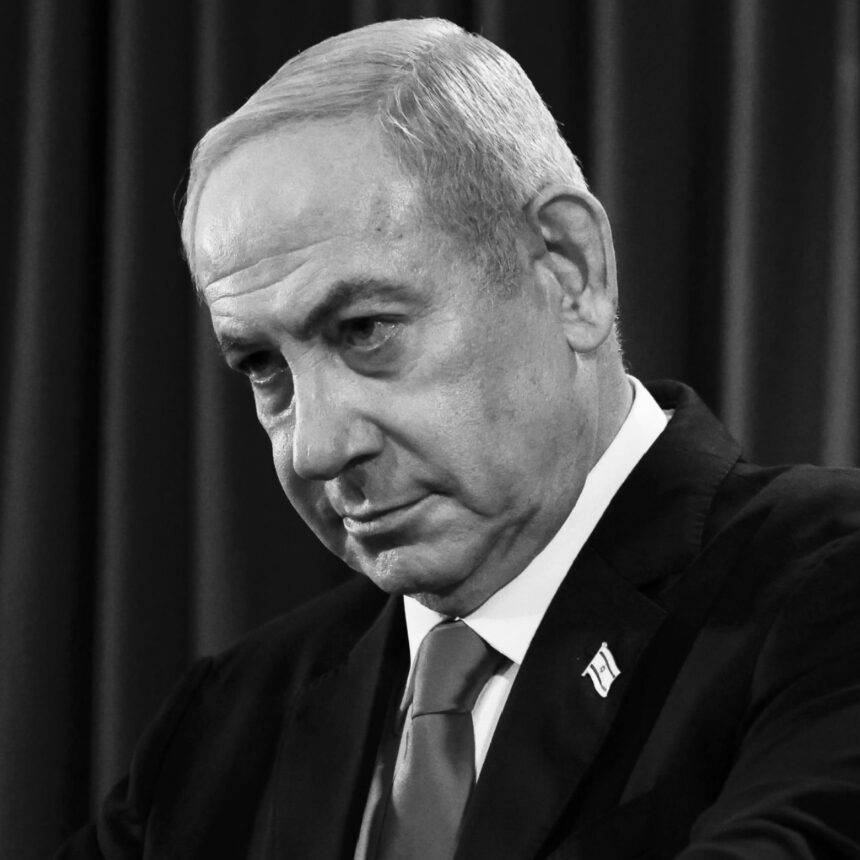Israeli Prime Minister Benjamin Netanyahu has formally rejected the possibility of a Palestinian state, linking his stance with the expansion of Israeli settlements in the West Bank.
On September 11, 2025, Netanyahu visited the Ma’ale Adumim settlement where he signed off on a contentious expansion plan for the E1 area. He declared emphatically, “There will never be a Palestinian state. This place belongs to us.”
The plan includes adding around 3,400 new housing units and infrastructure upgrades. The expansion would effectively link Ma’ale Adumim with East Jerusalem, a move many analysts say would sever territorial contiguity for any future Palestinian state.
Palestinian leaders immediately condemned the move. They reaffirmed their commitment to a two-state solution with East Jerusalem as the capital.
They argue that the E1 development would make it physically and politically impossible for East Jerusalem to serve as a capital or for the West Bank to remain connected.
On the world stage, many countries had been moving toward recognising Palestinian statehood. The United Nations General Assembly recently backed a nonbinding resolution favouring a two-state solution.
Netanyahu rejected such moves, accusing recognising countries of “granting a huge prize to terrorism.”
The E1 project, which had been frozen in previous years due to U.S. and European pressure, now has final approval from Israel’s planning authorities.
Critics warn this will deepen Israel’s diplomatic isolation. Some allies have expressed strong concern or condemnation.
Netanyahu’s move may reshape any remaining diplomatic space for a two-state solution. With territorial expansion, strategic settlement consolidation, and blunt rejection of statehood claims, the international community faces a stark question: what alternatives remain when one party says “never”?








